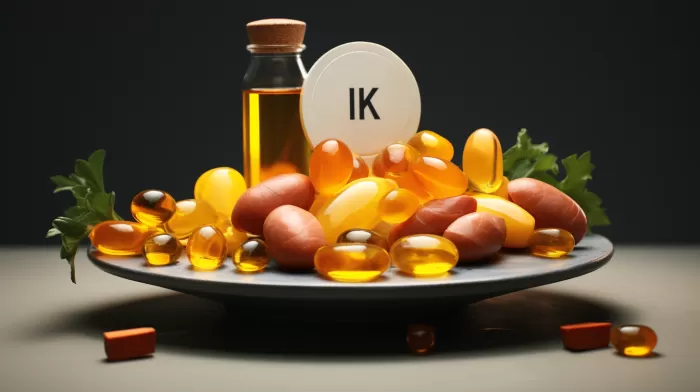The nerve cells within your brain are among the chief energy consumers of your body, requiring a steady supply of fuel to ensure coherent thoughts, well-coordinated physical movements, and a functional memory. When the energy system that keeps the brain functioning properly falters, the dreaded symptoms of Parkinson’s disease can emerge. A relatively unknown nutrient, vitamin K2, plays a crucial role in supporting this energy system and maintaining optimal brain power.
The Importance of Mitochondria
The powerhouses behind the cells in your body are known as mitochondria. In brain cells, mitochondria facilitate the flow of electrons, which helps keep brain signals orderly and consistent. Parkinson’s disease disrupts this critical function, leading to a “power failure” in the brain. As a result, brain cells begin to die, and the usual signs of Parkinson’s—rigid and difficult movements (akinesia), muscle stiffness, and uncontrollable tremors—manifest.
Vitamin K2: The Brain’s Defender
A study conducted at the Flanders Institute for Biotechnology has demonstrated that vitamin K2 may help individuals with genetic defects that predispose them to Parkinson’s disease. Lab tests have proven that vitamin K2 can restore the energy production that is compromised during the onset and progression of Parkinson’s. This vital nutrient has now been added to the growing list of K2’s health benefits.
While vitamin K2 has not received much attention, researchers are starting to appreciate its critical roles in the body. In addition to its potential benefits for Parkinson’s disease, it also improves heart health and bolsters the body’s defenses against cancer. Furthermore, this nutrient is essential for maintaining bone integrity.
Vitamin K can be derived from food sources in two forms: K1 and K2. Vitamin K1, found in leafy green vegetables, aids in blood clotting. However, K2, found in organ meats, egg yolk, natto (fermented soy), and cheese, is increasingly regarded as the more crucial of the two. While the body can convert K1 into K2, researchers believe that this process does not occur frequently enough to provide substantial benefits.
Supplementing with Vitamin K2, Calcium, and Vitamin D
If you decide to take a vitamin K2 supplement, experts recommend pairing it with calcium and vitamin D. These three nutrients contain powerful synergistic properties that can improve overall health, including cognitive function and bone strength. Check out the National Institutes of Health’s Office of Dietary Supplements for more information and guidance on this vital nutrient and its potential benefits.
In conclusion, the importance of vitamin K2 in supporting brain health and preventing the onset of Parkinson’s disease cannot be overstated. By ensuring we obtain an adequate supply of this essential nutrient, we can protect our brains from the devastating effects of Parkinson’s and maintain optimal cognitive function. And by incorporating K2 alongside calcium and vitamin D, we can improve overall health and well-being.



